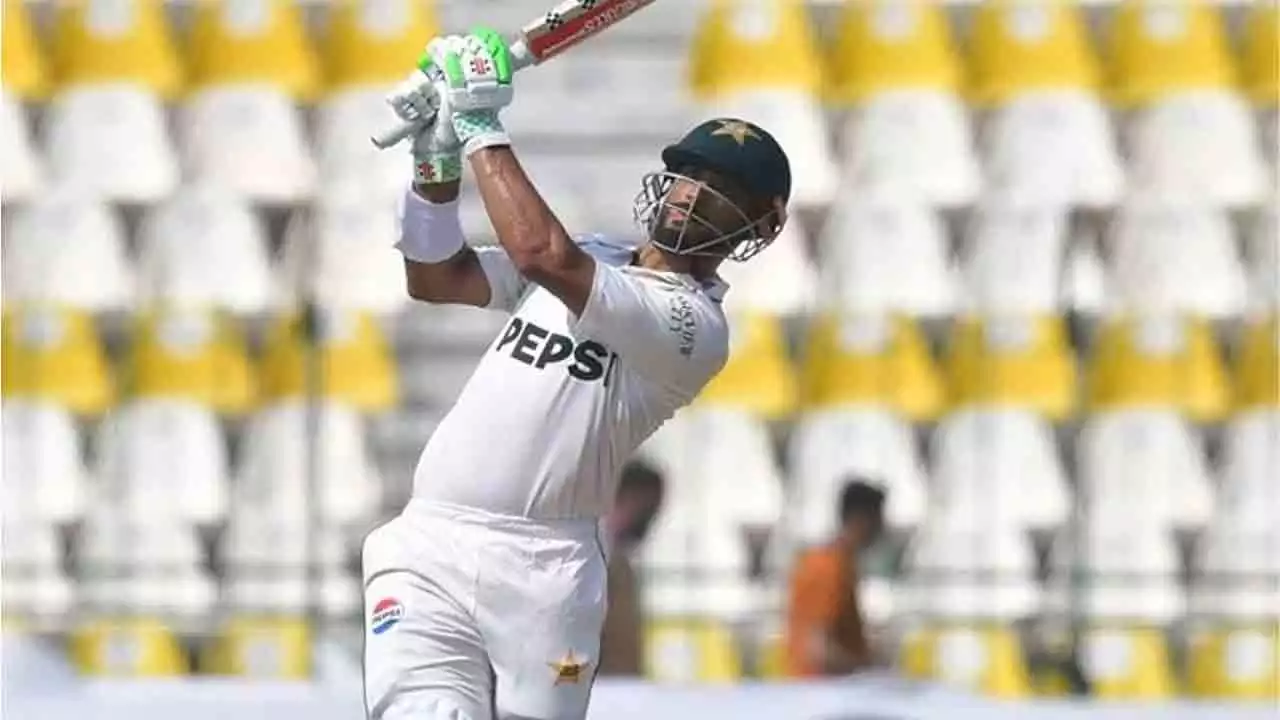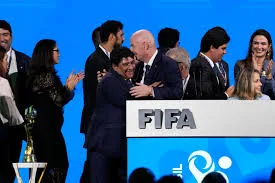The World Cricketers’ Association (WCA), formerly known as the Federation of International Cricketers’ Associations (FICA), has embarked on a pioneering review to address the “broken and unsustainable” global cricket schedule. The initiative aims to reconcile the increasingly chaotic and conflicting schedules of international cricket and domestic leagues, which have left players, administrators, and fans grappling with an unworkable system.
The review, which is expected to be thorough and far-reaching, will seek to create a solution that enables international cricket and domestic leagues to “co-exist in a clear, coherent calendar” that benefits all stakeholders. The players’ union has assembled a six-member panel that includes prominent figures such as Tom Harrison, the former chief executive of the England and Wales Cricket Board (ECB), and Sana Mir, the former captain of the Pakistan women’s cricket team. These experts, along with independent consultants, will lead the review and develop recommendations for the WCA board.
A statement from the WCA emphasized the gravity of the current situation, stating, “The current model is broken and unsustainable. Confusing and chaotic global scheduling with no clarity on the interplay between international cricket and the domestic leagues means players are increasingly forced to choose between representing their country and optimizing their careers.” This troubling trend has highlighted the urgent need for a revised approach that ensures the sustainability of cricket at both the international and domestic levels.
WCA chair Heath Mills echoed these concerns, pointing out the unique position cricket holds with its three core formats—Test, One Day International (ODI), and Twenty20 (T20)—which are played across both international and domestic stages. However, he criticized the collective failure of the sport’s leadership to establish a coherent global structure where these formats can coexist harmoniously. “We are fortunate that cricket is spoilt for choice and has three core formats across both the international game and domestic leagues,” Mills said. “To date, the game’s leadership has collectively failed to come together to establish a clear and coherent global structure in which they can co-exist. We have virtually given up hope of it doing so.”
The challenges posed by the current schedule are not limited to logistical headaches for administrators and broadcasters; they also have significant implications for the players’ well-being. A recent study conducted by the Professional Cricketers’ Association (PCA) in May revealed that a staggering 81 percent of players expressed concerns about the physical toll of the domestic fixture list, citing insufficient time for proper rest and recovery. This statistic underscores the physical and mental strain that players endure, caught between demanding schedules and the pressure to perform at their best.
The issue of over-scheduling has been a topic of discussion for some time. In 2022, the ECB conducted a high-performance review that recommended reducing the volume of domestic cricket. However, these proposals were met with resistance from English county teams, who ultimately rejected the suggested changes. This resistance highlights the complex dynamics and competing interests that make reforming cricket’s schedule a daunting task.
Former England captain Joe Root has also weighed in on the debate, acknowledging the need for change. “It is apparent the schedule needs to change to see long-lasting benefits for English cricket,” Root said. His comments reflect the broader sentiment within the cricketing community that the current system is untenable in the long run.
As the WCA review progresses, it will involve extensive consultations with key stakeholders, including players, administrators, team owners, and broadcasters. The aim is to produce a set of recommendations that will pave the way for a more sustainable and balanced cricket calendar. This process will not only seek to address the immediate scheduling conflicts but also strive to create a long-term vision that ensures the health and prosperity of the sport.
The cricketing world now awaits the outcomes of this review, hopeful that it will bring much-needed clarity and structure to a game that has long struggled with the competing demands of its various formats and schedules. The WCA’s efforts mark a significant step towards resolving one of the most pressing issues in modern cricket, with the potential to shape the future of the sport for players, fans, and administrators alike.



